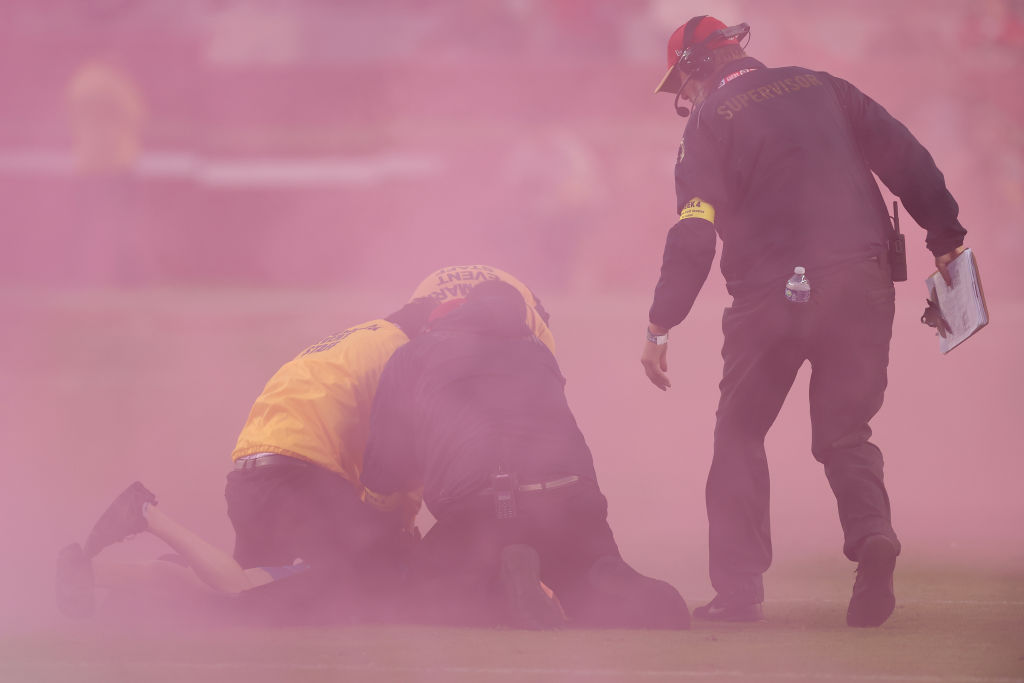What Happens to Lisa Marie Presley’s Children?
The death of Lisa Marie Presley highlights many estate planning issues, such as owing money to the IRS, the fate of the Graceland Estate, and her trust. However, another major concern is what happens to her 14-year-old daughters.
Presley has two children with her first husband, Danny Keogh. One of those children died in 2020. She also has two teenage twins from her fourth husband, Michael Lockwood. Presley and Lockwood divorced and had a five-year custody dispute that gave Presley 60% custody and Lockwood 40% custody. When the twins were with Presley, she was living with her first husband, who now thinks of them as his stepchildren.
Now, what happens to her youngest children? Are Presley’s children heading into another custody battle?
All Shook Up
Not only are Presley’s young daughters grieving their mother’s death, but they are also uncertain about who will care for them. During Presley and Lockwood’s divorce and custody battle, there were allegations on both sides regarding parental fitness, and the children were under state custody for a brief time.
Keogh may want to petition the court for custodial time. Also, their grandmother, Priscilla Presley, may ask the court for guardianship of the twins. In California, typically, a surviving parent gets custody of their children following the death of their other parent. However, a court decides what is in the best interests of the children, leaving open the potential of awarding custody to someone else. Since the girls are 14, a court might also consider their preference of where they want to live.
However, a court gives great weight to who the parent names as a guardian in a will. A parent knows what is best for their children. So, if Presley left a will naming her wishes for her twins’ guardian, the court would use that in its determination. That’s why it is essential to list your guardian preference (and backup choices) in a will. If your first choice is unable or unwilling to serve, the court can look at your second choice.
Don’t Be Cruel
Reading headlines of celebrity deaths and problems they had without proper estate planning should prompt you to do your own estate planning. Especially if you have young children, it is critical to name a guardian for them. Don’t leave it up to a court that doesn’t understand your children and your family dynamics.
What To Consider When Choosing a Guardian
You may have many choices or a hard time identifying a perfect guardian. (Spoiler Alert: There is no perfect guardian). However, you might ask yourself the following questions:
- What is the relationship between your children and the guardian? Do they have a close relationship? Are they comfortable with the guardian?
- Do your children have to move or change schools to live with their guardian? Consider what impact your choice of guardian has on your children.
- Is the guardian mentally and physically able to care for your children? You may want your parents to act as guardians, but you need to seriously consider their ages and ability to care for your children until they reach adulthood.
Consider Your Children’s Needs
Another huge factor in choosing a suitable guardian is looking at your children’s personality and individual situation. Look how realistically a guardian fits with your children’s needs by asking the following:
- What are your child’s interests and activities?
- Do they have special needs such as a mental or physical disability?
- Do they have any medical concerns?
- What is their personal life like? Spiritual life?
- What is their identity or orientation?
- What is their behavior and temperament?
It’s Now or Never
Estate planning is never something you want to do, yet it is critical to protect your family, especially minor children. You name a guardian for your children in a last will and testament and any backup guardians. It is easy to create a state-specific will with online estate planning services or by contacting an estate planning attorney. Just get it done.
You Don’t Have To Solve This on Your Own – Get a Lawyer’s Help
Meeting with a lawyer can help you understand your options and how to best protect your rights. Visit our attorney directory to find a lawyer near you who can help.






